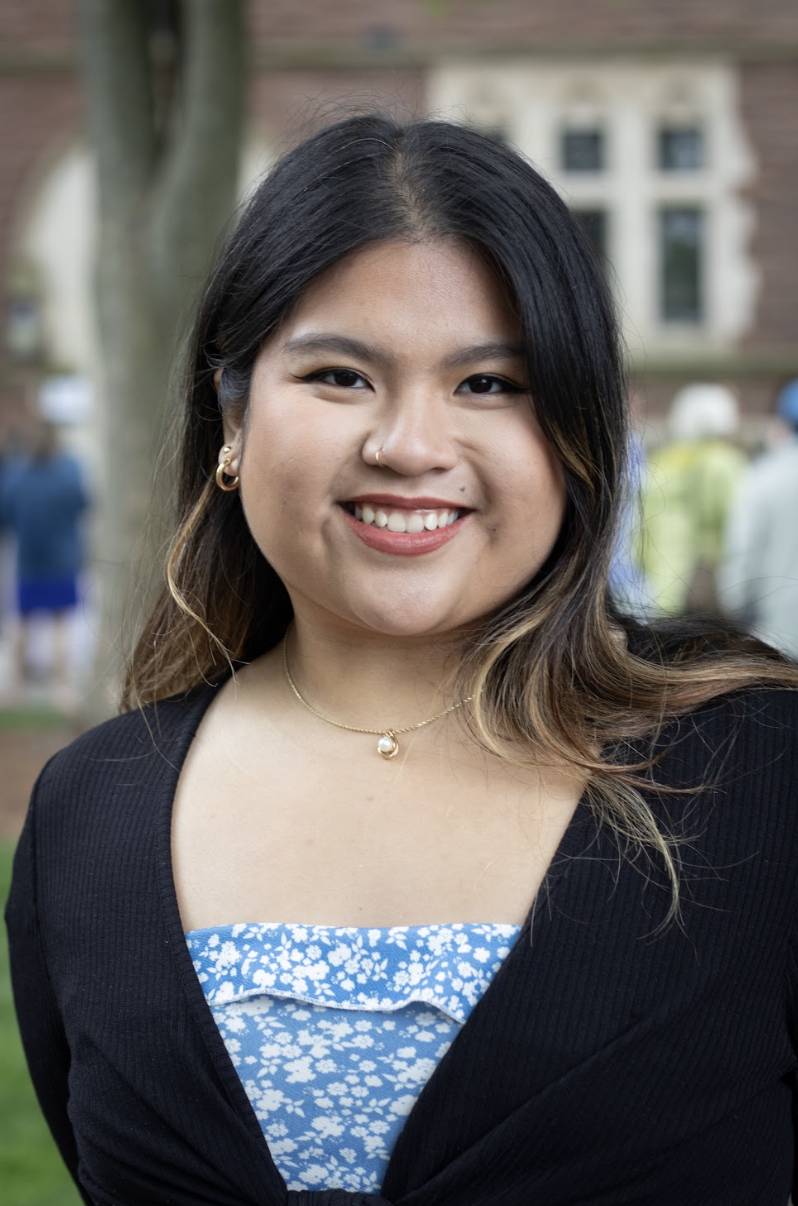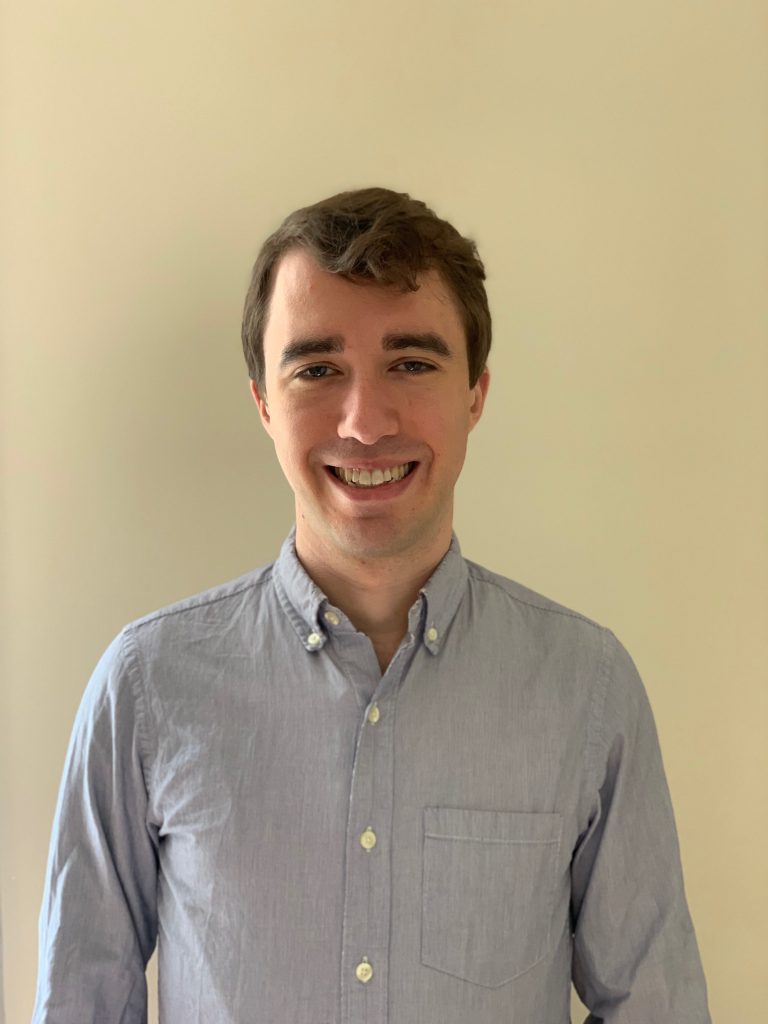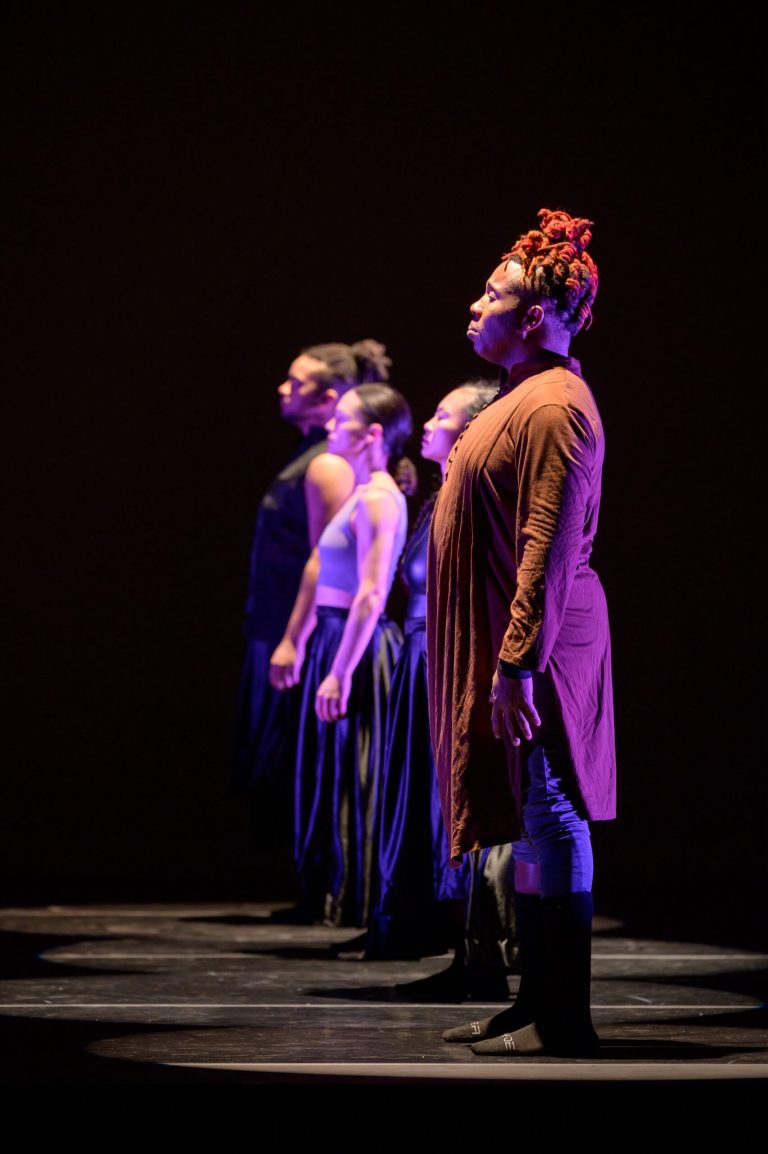Nick Cimillo ’26
Features Editor
One’s college years are one of — if not the — most appropriate times to branch out and try new things. Naiya Roe ’25 is a testament to that notion; having joined Trinity’s Asian-American Student Association (AASA) her first year on a whim, she has since worked her way up to become one of the organization’s co-presidents for the 2024-25 academic year, as well as AASA’s cultural house coordinator. In conversation with the Tripod, Roe discussed her background before coming to Trinity, her numerous involvements on campus and how those experiences have shaped her goals for after graduation.
Roe was raised in New Jersey, moving from place to place a few times within the state throughout her childhood. “I lived most of my childhood in the Jersey City – Bayonne area,” she began. “The thing is that I haven’t really had a solid hometown because my family moved from Jersey City to Bayonne, to then Washington[, New Jersey] when I was in high school… which is like a rural town.” And even apart from being in a new setting, high school for Roe was unique in one crucial way: “I went to boarding school, and that was my first experience with a predominantly white institution. So that makes me no stranger to what life is like at predominantly white institutions [such as] Trinity.”
Starting her first year at Trinity, Roe was quick to get involved with AASA: “I served on the e-board since my freshman year,” she said. “It’s kind of funny because I joined on a whim; my friend who was a sophomore at the time and was on the e-board told me to run for an e-board position, and I was like ‘Sure, why not? I’m sure it’ll be fine.’ And then little did I know that I would stay all four years, and now serve as co-president.” She also shared the primary aims that AASA has upheld during her time as part of it: “The goal of our organization is basically to promote cultural awareness of the Asian and Asian American identities that are here on campus, and also connecting that to the greater community outside of our school community. We do host events; our staple event is Lunar New Year… that’s our biggest event of the year. We get a lot of food from different local Asian restaurants around the Hartford area. We also invite student performers to come [and] showcase their talent.”
Beyond her current roles in AASA, Roe, a psychology major, has a fair bit of other responsibilities lined up for her: she works at the Writing Center as a writing associate, and is also the teaching assistant for PSYC 295 – Child Development. As a writing associate, Roe stated that “[we] tutor students on their writing assignments, and we always encourage students to come at any stage of the writing process, no matter how much work they’ve done on an assignment… Our goal is basically to just help support them throughout the process and help them find their voice.” And as the TA for PSYC 295, which is “one of the core classes in the psychology major that teaches psych students what typical development for children look[s] like,” Roe said that “I really enjoy that class because I feel like that serves as the foundation for me to understand how we are the way we are now by understanding the way we developed, and how our environment impacts that.” Over her time at Trinity, Roe has also served as the TA for CHEM 211 & 212 – Elementary Organic Chemistry I & II.
In the summer of 2023, Roe also worked as part of the Public Humanities Collaborative. Her project, completed alongside Momo Djebli ’25 and under the supervision of the Director of DEI Campus and Community Engagement Robert Cotto Jr., M’14, Ph.D., created a timeline of the history of Trinity’s cultural houses: Umoja, La Eracra and the AASA house. “We went through the Tripod archives to see what they said about the development of these houses,” she said. “And I really enjoyed that project because it reminded me of how rare and fortunate it is that our school does have cultural houses here on campus. And that project also taught me a lot about how the houses came to be and the deep history embedded in them; that reflects Trinity’s background of student struggle and silenced histories.”
Roe also reflected on how her experience with the Public Humanities Collaborative changed her perspective on being a leader in AASA, as both the co-president and cultural house coordinator. “That inspired me to become the cultural house coordinator for the AASA house now,” she said. “I think it’s crucial that students have safe spaces that they can turn to at predominantly white institutions when their needs are not being met. I’m really grateful to be able to help foster a space that’s inclusive to people of all identities.” And as for her role as the co-president, “I think that just speaks to [the question of] what it mean[s] to be a leader on campus that is fostering a community and a safe space for minority students, and just reminding yourself of the history of student struggle and knowing the people that came before you. How can you make Trinity a better place, [one] where everyone feels like they belong?”
Roe expressed deep gratitude for the people she’s been able to meet over her Trinity career, as well as those who paved the way for her. “Each connection, no matter how brief or small they are, whether it’s my appointments at the Writing Center, whether it’s the students I TA, whether it’s the people that come to AASA events, I think that there’s value in each of those interactions. I think there’s something to learn from everybody, and I think that’s what’s so great about my time here at Trinity: learn[ing] from the diverse perspectives that surround me… Also, I find it hard to reflect on the work that I do without acknowledging and uplifting the work of the people that came before me, whether it’s the seniors that graduated, my mentors, [or] people that I learn about in my history projects.”
After graduating, Roe aims to attend graduate school and pursue a career in family psychology, “with a focus on helping children and families in underserved and marginalized communities. I’m passionate about supporting families in overcoming systemic barriers, providing them with counseling and resources to improve family interactions and support children’s well-being.”






+ There are no comments
Add yours